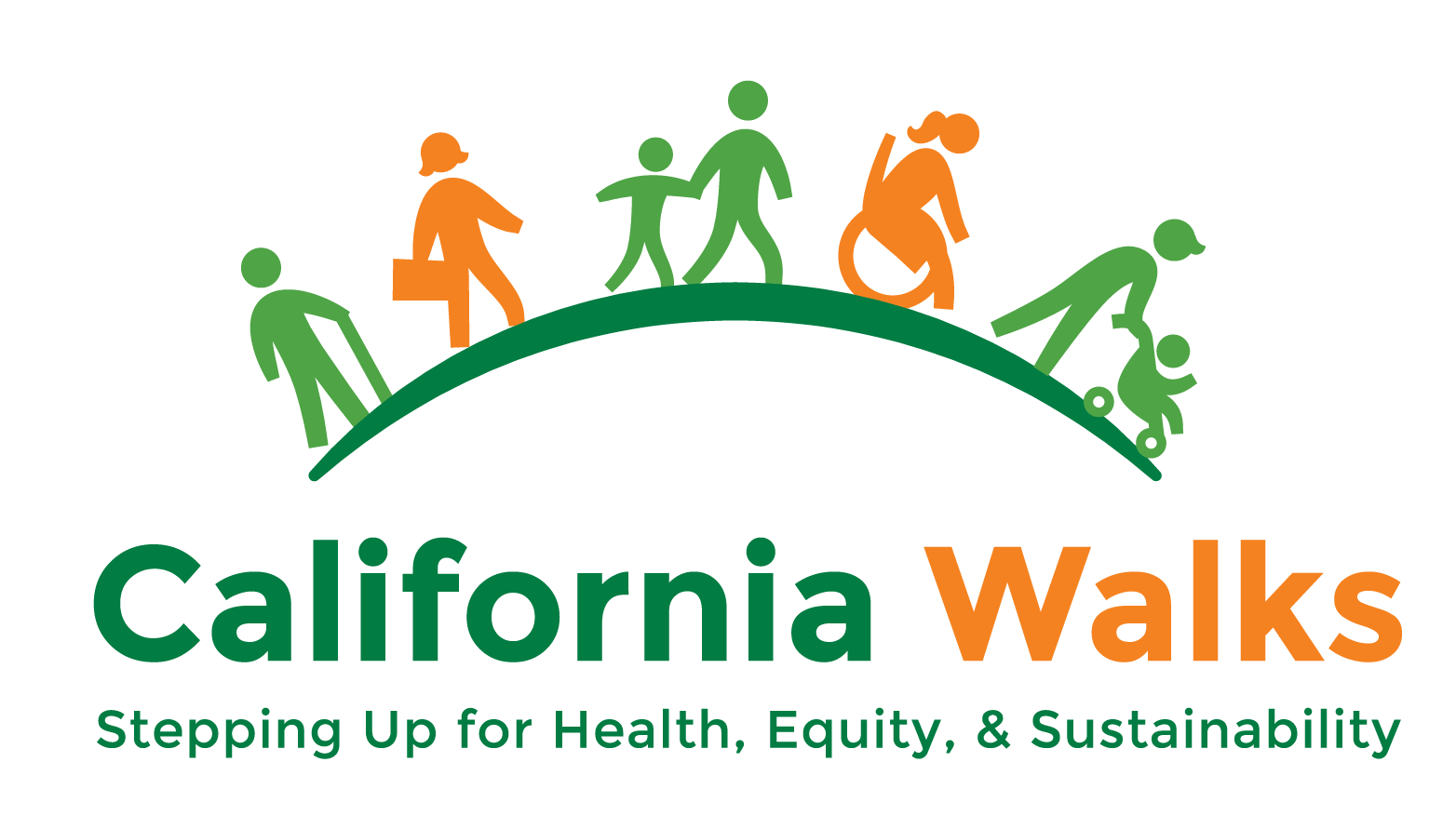Save the date: PedsCount! 2018 in San Jose, October 18-19
California Walks’ biennial statewide summit, PedsCount!, is coming to San Jose on October 18-19, 2018!
California Walks announces our 2018 PedsCount! keynote Charles Brown
We’d like to thank our first 2018 Platinum Sponsor, Mineta Transportation Institute, for making PedsCount! in San Jose possible—with MTI’s support, the summit will be right in the heart of downtown, on San Jose State University’s campus. Interested in sponsoring and/or supporting PedsCount! this year? Get in touch with Chris Johnson, Walk San Jose Program Manager.
This year at PedsCount!, we will foreground the complex relationships between walk-friendly environments, housing, and equity in our collective efforts to advance healthy, sustainable, and just communities. We’ll consider the past, present and future of housing and transportation in California. How did we get here? How can we build better interdisciplinary coalitions? And what role do technology and social justice have in the future of planning communities?
Theme 1 – History of California Cities: planners and advocates make many assumptions in their understanding of the clockwork rules of creating inclusive, sustainable cities from scratch—however, we never start from scratch. Every generation inherits the conflicts, vulnerabilities, and resiliencies of the last. Without understanding that history—from colonialism to redlining, to suburbanization and urban renewal, what chance do we have to create processes and solutions that include the needs and voices of everyone?
Theme 2 – Here and Now: a scarcity model of advocacy that pits housing, mobility, and equity against one another is doomed to fail. With limited and often restricted resources, how can we prioritize building holistic movements that seek collective, aligned impact to advance a more just built environment? Is “NIMBY vs YIMBY” a useful lens for advancing equity in the built environment? How can advocates for walking & rolling, social justice, and sustainable development align our goals and strategies more effectively? Are there inherent conflicts to planning for short term stability and long term sustainability, and how should that conflict inform our approach?
Theme 3 – Future Proof: new and emerging technologies—from autonomous vehicles (AVs) to on-demand ride-hail services and electric-assist bikes and scooters—are changing the way we move and plan for movement at a breakneck pace and transforming neighborhoods in the process. Instead of asking whether technology is good or bad, let’s ask: what mobility challenges are we prioritizing and how can communities, cities, and innovators work towards a tech culture that puts health, safety, and inclusion first?








